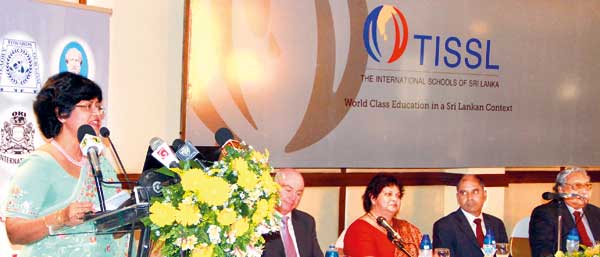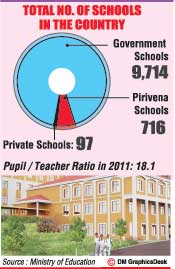Reply To:
Name - Reply Comment
Last Updated : 2024-04-25 00:00:00

_DM-9(21).jpg) International schools represented just that in the 1970s; they catered to the growing expatriate community who wished for education provision through a curriculum which was transferable. International schools have now grown to provide for many who wanted to access the local curriculum in English or those who wished to avail of international access routes to higher education
International schools represented just that in the 1970s; they catered to the growing expatriate community who wished for education provision through a curriculum which was transferable. International schools have now grown to provide for many who wanted to access the local curriculum in English or those who wished to avail of international access routes to higher education.jpg)
.jpg)


Add comment
Comments will be edited (grammar, spelling and slang) and authorized at the discretion of Daily Mirror online. The website also has the right not to publish selected comments.
Reply To:
Name - Reply Comment
US authorities are currently reviewing the manifest of every cargo aboard MV
On March 26, a couple arriving from Thailand was arrested with 88 live animal
According to villagers from Naula-Moragolla out of 105 families 80 can afford
Is the situation in Sri Lanka so grim that locals harbour hope that they coul